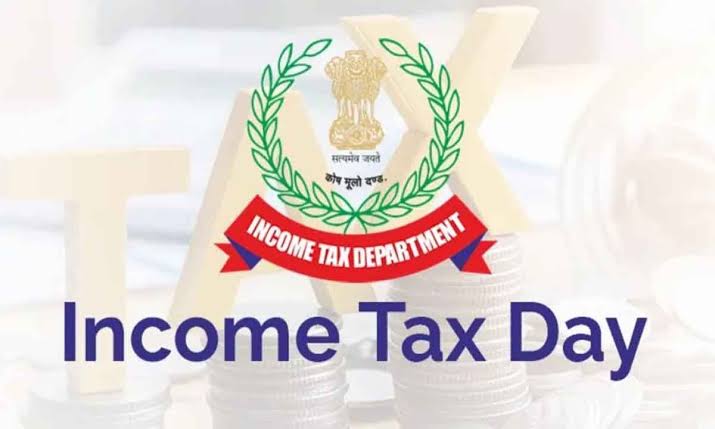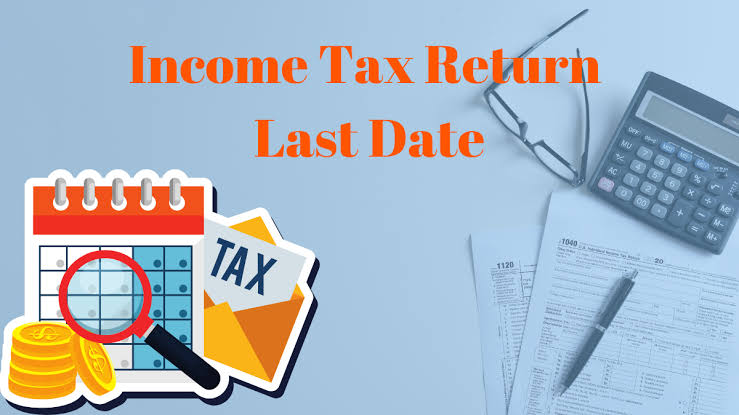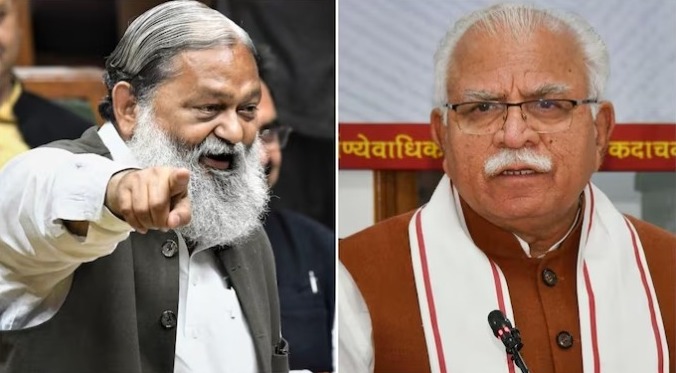Income tax is a government levy on earnings from individuals and businesses over a financial year. “Income” encompasses various sources as broadly defined under Section 2(24) of the Income Tax Act:
- Income from Salary: Includes payments from employer to employee, such as basic pay, allowances, commissions, and retirement benefits.
- Income from House Property: Rental income from residential or commercial properties.
- Income from Business or Profession: Profits from business or professional activities after deducting expenses.
- Income from Capital Gains: Profits from selling capital assets like property or jewellery, classified as long-term or short-term gains.
- Income from Other Sources: Income not covered by the other categories, such as savings interest, family pension, gifts, lottery winnings, and investment returns.
Income Tax Day, celebrated on 24th July, marks the introduction of income tax in India by Sir James Wilson in 1860. The Income-tax Act of 1922 established a structured tax system, formalizing income tax authorities and administrative frameworks. The Central Board of Revenue Act of 1924 further strengthened this structure by making the Board a statutory body responsible for administering the Income-tax Act.
The recruitment of Group A officers began in 1946, with training initially in Bombay and Calcutta. The establishment of the I.R.S. (Direct Taxes) Staff College in Nagpur in 1957, now the National Academy of Direct Taxes, bolstered professional development. Technological advancements, such as the computerization of challan processing in 1981 and the establishment of the Centralized Processing Centre in Bengaluru in 2009, have modernized the tax administration.
Income tax is crucial for nation-building, providing revenue for essential services like security, healthcare, education, and infrastructure. It also supports economic development by enabling investments, promoting growth, and creating job opportunities. Taxation influences wealth distribution, building state power and establishing a social contract that fosters accountability between the state and its citizens. Effective tax systems can lead to policies reflecting the population’s needs, enhancing trust in the government and encouraging compliance.
India’s personal income tax (PIT) landscape has grown significantly, reflecting economic expansion and improved tax compliance. In 2020-21, gross personal income tax, including the Securities Transaction Tax (STT), was ₹5.75 lakh crore. This figure increased to ₹7.10 lakh crore in 2021-22 and ₹9.67 lakh crore in 2022-23, showing effective tax reforms and economic buoyancy. By 2023-24, personal income tax collections surged to ₹12.01 lakh crore, highlighting improved taxpayer compliance and government efforts to broaden the tax base.
The 2024-25 Budget introduced several changes:
- Increased Standard Deduction: For salaried employees, increased from ₹50,000 to ₹75,000 under the new tax regime.
- Enhanced Pension Deduction: For pensioners, increased from ₹15,000 to ₹25,000.
- Revised Assessment Period: Assessments can now be reopened up to five years if the escaped income exceeds ₹50 lakh.
- Potential Tax Benefits: Salaried employees could see benefits of up to ₹17,500 in income tax.
To boost tax collection and expand the tax base, the government has implemented several measures:
- Simplified Personal Income Tax: Options for lower slab rates without exemptions (Finance Act, 2020 and 2023).
- New Form 26AS: Comprehensive information on tax deductions, financial transactions, tax payments, and refunds.
- Pre-filled Income Tax Returns (ITR): Includes salary income, bank interest, dividends, etc.
- Updated Return Provision: Allows taxpayers to update returns within two years, admitting omissions or mistakes with additional tax.
- E-Verification Scheme: Collects relevant financial information to reduce tax evasion.
- Dispute Resolution Committee (DRC): For small taxpayers, resolving disputes on a digital platform.
- Expanded Scope of TDS/TCS: Includes cash withdrawals, foreign remittances, luxury car purchases, e-commerce, and goods sales.
Income Tax Return (ITR) forms must be submitted to the Income Tax Department, detailing income and taxes paid. The number of individuals filing returns has steadily increased:
- 2019-20: 6.48 crore
- 2020-21: 6.72 crore
- 2021-22: 6.94 crore
- 2022-23: 7.40 crore




